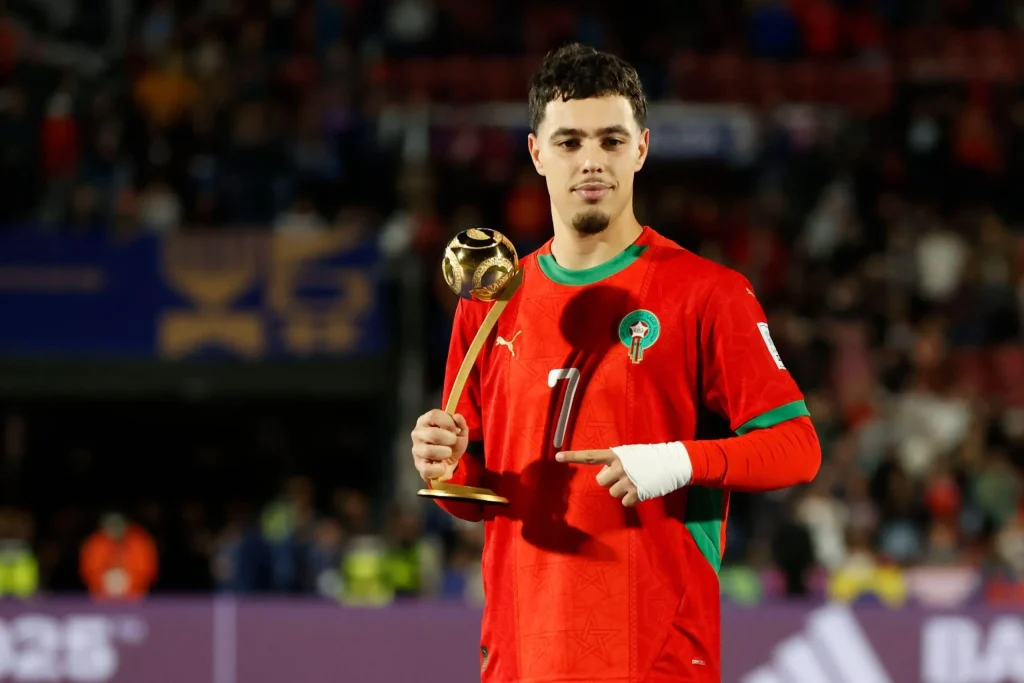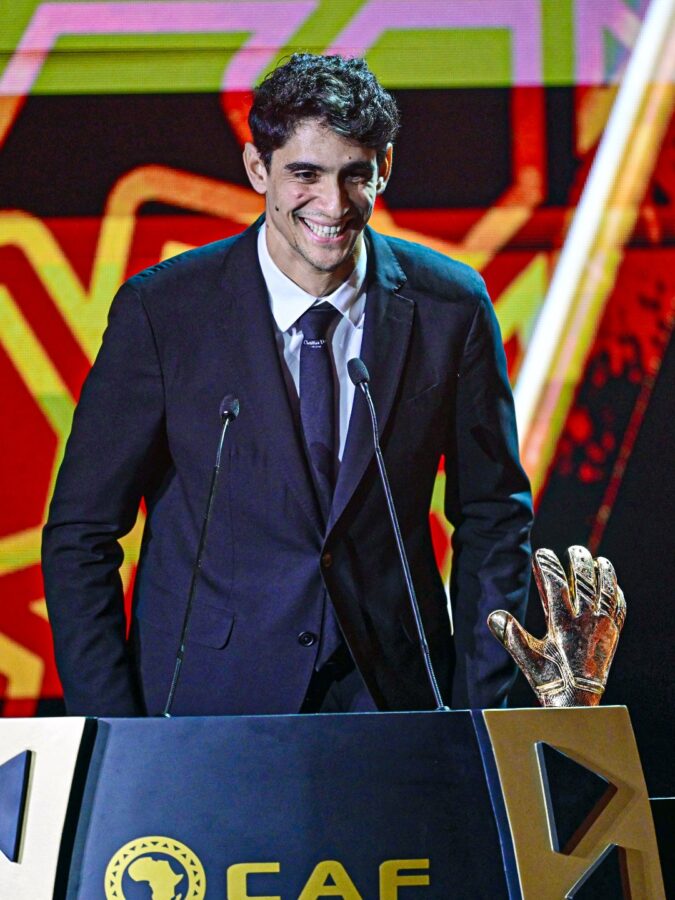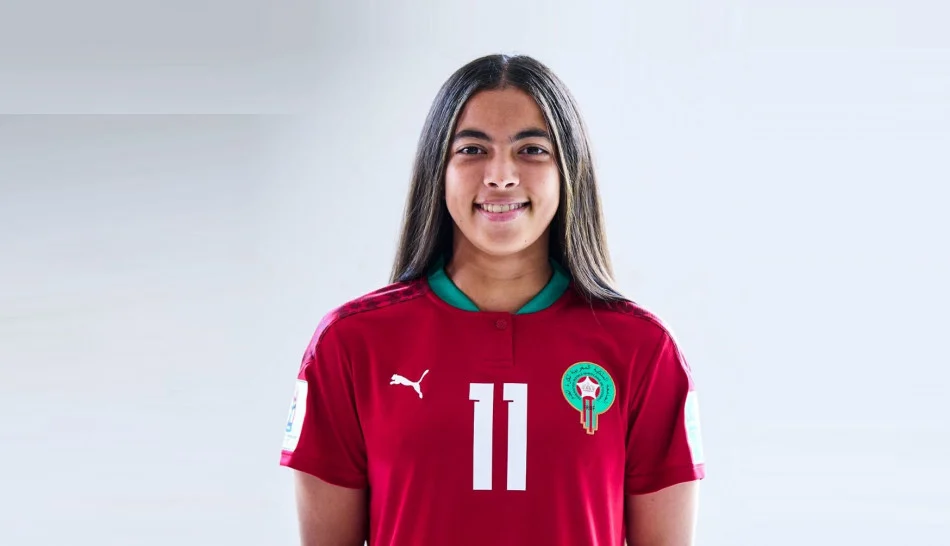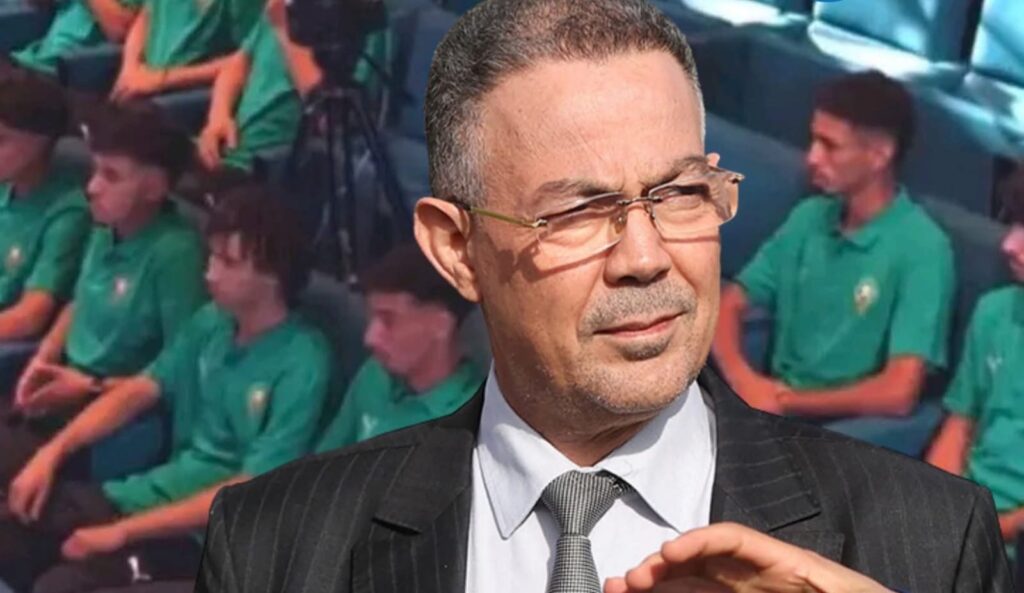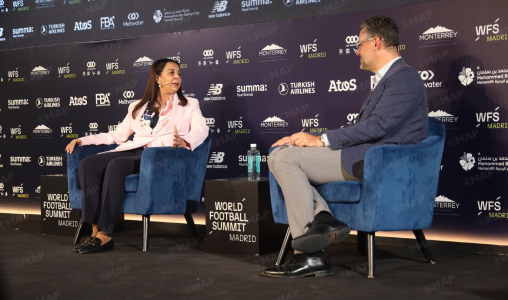Morocco has become one of the global centers of football, said FIFA President Gianni Infantino.
“I am very happy and delighted to be here. It’s always a joy and a pleasure to be in Morocco, a country that lives and breathes football every single day,” stated Infantino, upon his arrival Saturday in Rabat.
“Both the men’s and women’s national teams have reached an extremely high level and feature incredible talent,” Infantino emphasized.
Morocco, which will soon host the headquarters of FIFA’s Africa office, has successfully organized sporting events in a “spectacular” fashion, thanks in particular to the efforts made by the Royal Moroccan Football Federation in recent years, he noted.
According to the FIFA president, the ongoing Women’s Africa Cup of Nations (CAN) in Morocco is enjoying “great success”, both in terms of athletic performance and spectator attendance. He also pointed out that Morocco is preparing to host five consecutive editions of the U-17 Women’s World Cup, the 2025 Men’s Africa Cup of Nations (AFCON), as well as the 2030 FIFA World Cup.

